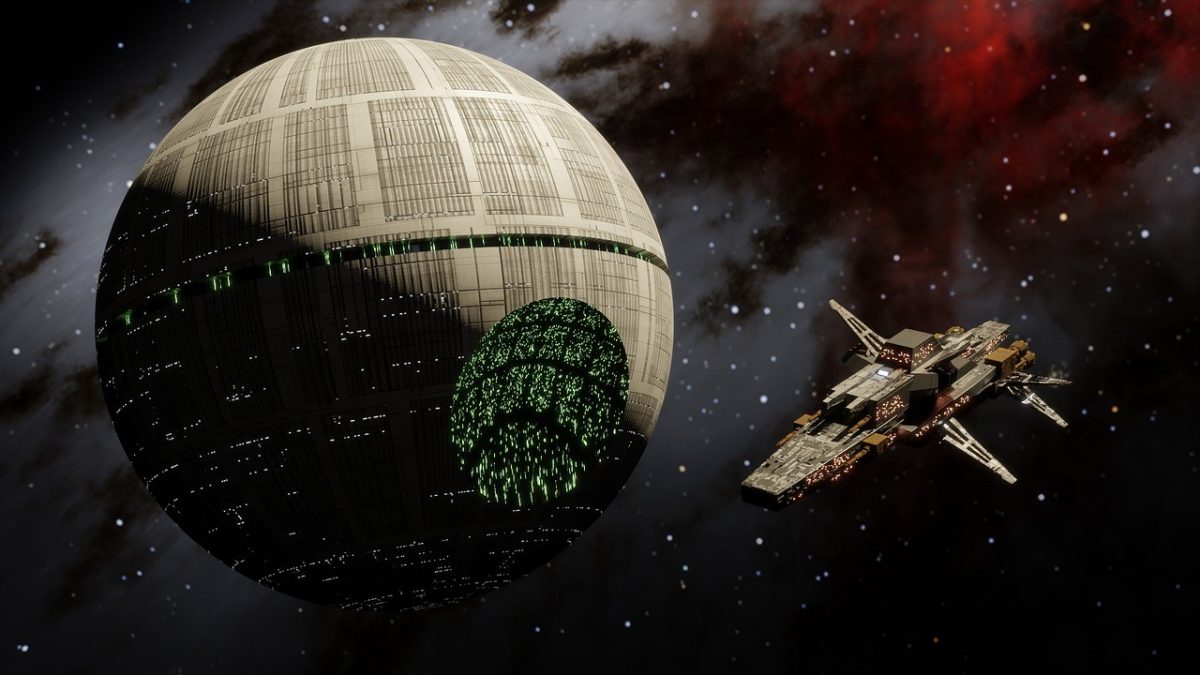Russia claims it is ramping up its offensive militarization of space. Analysts in Washington say it may not be all hype. On Tuesday, US Rep. Mike Turner (R-OH), chair of the House Intelligence Committee, decided to publicly discuss concerns his committee has over Russia’s attempts to deploy an antisatellite nuclear weapon in space. He called on President Biden to declassify the intelligence so that Congress can speak with allies about the threat. If verified, this development raises the threat level to US national security and certainly deserves serious attention. However, there are other pressing issues that Washington must also examine that are, perhaps, less dramatic but also causing grave concern to the intelligence community examining longer-term threats. Russia increased its youth para-militarization budget investment ten-fold over 2022. It is indicative of the importance the Kremlin places on the program, as it devotes vast amounts of limited capital to develop a breed of “warrior youth.” The substantially expanded programs allocate more than $511 million of its scarce financial resources to train future soldiers and to prepare these “eaglets of Russia” for nuclear war.
Russia, already known throughout the world for its advanced disinformation campaigns and psychological manipulations of populations, is now employing these techniques on its own population to militarize the thinking of its children. Alla Hurka, writing in Eurasia Daily Monitor, says that Putin is allocating massive funding for patriotic education programs, youth movements, and competitions. “Military service is glorified across all levels of education in changes to the national curriculum emphasizing the defense of the homeland and preparing students for potential conflicts.”
As the Russian invasion of Ukraine passes the two-year mark next week, Moscow continues ramping up its efforts to develop and deploy a comprehensive strategy to indoctrinate its younger generation with a belief in the glory of military service and to imbue them with a willingness to make sacrifices for “Mother Russia.” The Russian publication, Kommersant, is reporting this week that students will be acquainted with general military regulations and receive training to prepare for potential nuclear conflicts This comes at a time when the Kremlin is reeling from the loss of soldiers in the war. Women are also being asked to consider early childbearing and have at least three and, hopefully, eight children.
The effort crosses all levels of education nationwide from schoolchildren to teens who are organized into “volunteer companies.” Earlier this month State Duma Deputy Dmitry Kuznetsov announced new plans to establish a youth version of the Chechen battalion “Akamat” starting in August, says Hurka. The training camp is scheduled to include military-patriot games, visits from war correspondents, engagements with scientists and historians, and will hold meetings with “special military operation heroes,” according to the Russian publication Lenta. Essentially, Moscow is training its children for future conflicts.
Starting in 2023, kindergartner-age children is some school systems began learning how to correctly assemble a machine gun, while other schools are forming “creative leisure” clubs to teach children how to use Kalashnikov assault rifles. Children write letters of support to soldiers, organize humanitarian aid efforts and, according to the Russian publication Theins last March, even deploy themselves to the front lines. The alteration to the national school curriculum is overseen by Rismolodezh, the federal agency for young Russians, that has organized over 36,000 military-patriotic “clubs” and centers for patriotic education. Last November, President Putin declared 2024 the Year of the Family in Russia. After the breakup of the Soviet Union almost 33 years ago, Western leaders had thought these programs also disappeared in the post-Cold War era. Instead, they went underground until now.
This September marks the start of a new requirement for Russia’s students. They will now be required to under combat, tactical, fire, engineering, military medical, and technical training in a course entitled, “Fundamentals of Security and Defense of the Motherland.” It includes preparation for a potential nuclear conflict. Hurka points out that “On an initiative from Putin’s political scientist Sergey Karaganov, who advocated for a pre-emptive nuclear strike on Europe, Moscow established the Institute of World Military Economics and Strategy at the Higher School of Economics.” Students in it will study nuclear deterrence, the societal impacts of prolonged conflicts, and Russia’s role in Central Asia in collaboration with institutions in the United Arab Emirates and China.
There is little doubt that Russia is breeding its future generations for war, not peace. The West cannot afford to underestimate the importance of Russia’s comprehensive paramilitary strategy and the determination of Moscow’s leaders to restore the Russian Empire to its previous glory.
Daria Novak served in the U.S. State Department
